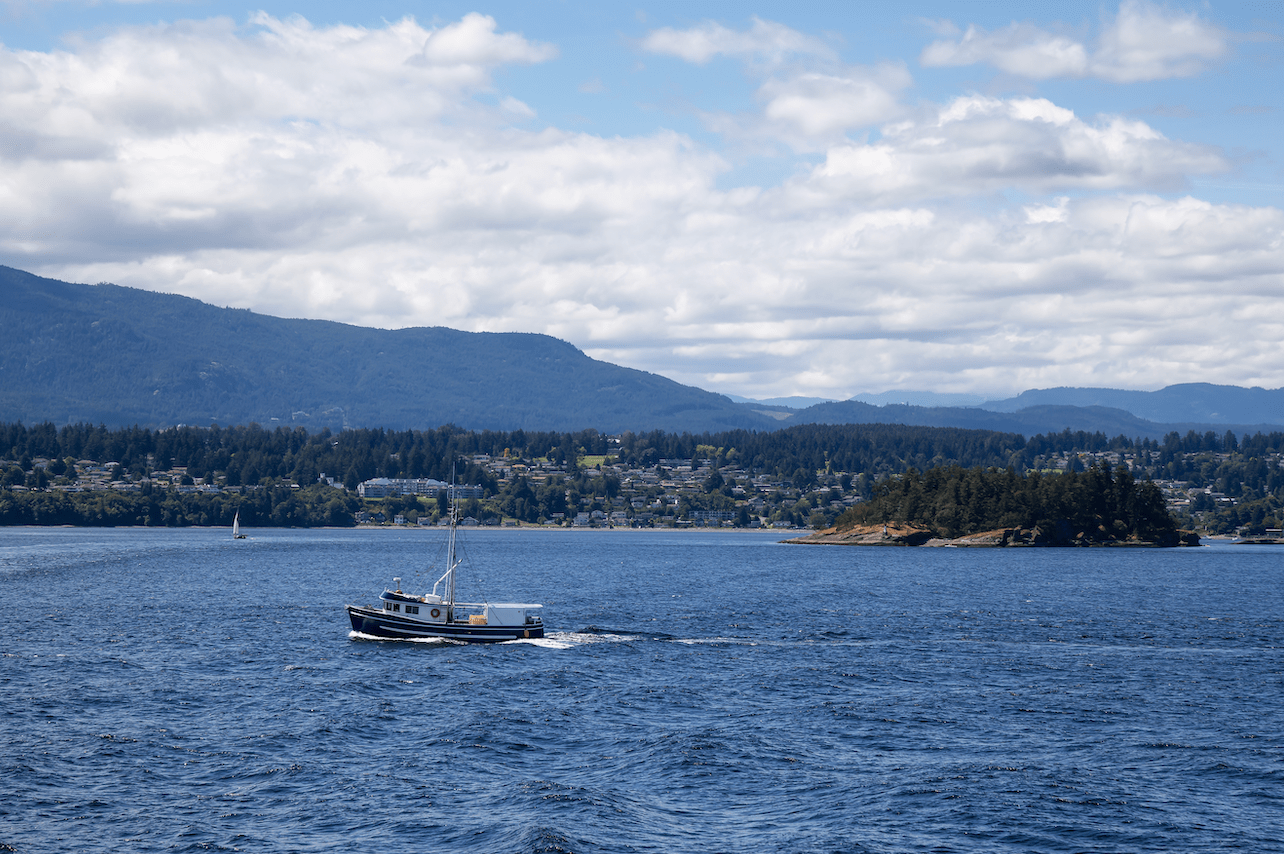By Mark MacDonald. President of Invest Northwest Publishing Ltd.
 Mark MacDonaldDespite its populist appeal, the “tax the rich” class-warfare tactic is once again proving to not work.
Mark MacDonaldDespite its populist appeal, the “tax the rich” class-warfare tactic is once again proving to not work.
The most recent statistical proof that it simply does not work comes from New Brunswick. Patrick Webber, a research associate for the Atlantic Institute for Market Studies, notes in a recent article that the province introduced two new tax brackets in 2015 they believed would raise $30 million in additional revenue annually.
“A new report released by Statistics Canada suggests that the combined federal and provincial tax bill for the richest 600 New Brunswickers in 2015 was $5.8 million less than in 2014, despite the spike in tax rates,” Webber writes.
Webber adds that the measures have impeded and hurt the province’s economy, and notes this: “As the evidence from 2015 shows, the top one per cent will simply reduce their activity, find a cooler tax climate and pay less. . .And as revenues decline from highest income earners, the tax burden will shift to mid-and low-income earners.”
The “rich”, or “so-called rich”, are those who, in most cases, invest their money into businesses and investments in hopes of earning a return. And by so doing, they create jobs, which helps people raise families and buy homes, vehicles, and vacations.
A very strong argument could be made that they already pay far more than their “fair share” of taxes, from their own paycheques, and through what they do. Any business owner can look at their payroll – and the federal and provincial taxes that are deducted from employees – in addition to the GST, PST, Employment Insurance and WorkSafe BC levies that are covered by gross income, and ask: Isn’t that enough?
It’s never enough for greedy governments, who view it as their right to tax and tax some more, instead of the obvious other alternative – cutting back. As more and more people become government dependent, there becomes more public outcry for more services, paid for by someone else.
Incredulously, one citizen recently cried aloud for more from their government, stating “this doesn’t come from taxpayers”. Somehow, there’s a total disconnect when someone can passionately make such an ignorant statement. Have people forgotten that governments don’t have money – they take it from citizens? That in Canada, we didn’t even have income tax until the dire circumstances of the First World War? Those taxes have never disappeared. . .they’ve only increased.
* * *
There seems to be a prevailing attitude these days that if one repeats something often enough that it becomes true.
Consider this one statement that politicians bleat passionately with a straight face: “economic growth comes from strong environmental policy,” or something that sounds similar.
Really? Then how does one explain the economy of China? Their environmental standards pale in comparison with ours, yet that country, along with India, continues to lead the world in economic growth.
An argument could be made that, due to its sheer size, population and non-environmental standards, anything that Canada might do towards reducing carbon emissions in a year is counterbalanced by China’s exhale in a day.
We rightly realize that protecting the environment is good for our health and well-being, and that is not to be understated. We need and enjoy clean air and water, without question.
But the claim that it is good for the economy directly? That doesn’t make any logical sense. How? Where? In what instance?
That claim is made ad infinitum for one purpose: To justify punitive taxes in the eyes of voters on one of wealthiest resource sector – oil and gas.
Despite what people might believe, very little of any carbon tax actually does anything to help the environment. Those taxes are pumped into general revenue. Don’t believe it? Don’t look any further than British Columbia.
The federal government’s recent “measures” are expected to result in a 17 cent per liter increase in the price of gas. How does that help the economy?
Forget the federal and provincial government’s claims of support for small business. The gigantic increases in fuel and the yet-to-come minimum wage are far more than a measly one per cent shaving of the small business tax rate for most companies.
A healthy environment? Yes, we all want that. But tell the truth. Or produce the truth, that protecting the environment boosts the economy.
* * *
There is some concern that now that the Green portion of GreeNDP failed in its bid to stop Premier John Horgan’s approval to continue Site C dam construction to completion, and that the National Energy Board has overturned a Burnaby city appeal of the decision to allow the twinning of the Kinder Morgan Pipeline, that they will turn their sights to another resource sector: Aquaculture.
One-sided, fact-void, anti-fish farm rhetoric is on the rise, which has to make the 5,000 people employed in this valuable industry nervous.
There is no way to pacify eco-fanatics. Their goal seems to be the shutdown of any and all resource-based industries. Last week’s announcement that the provincial government won’t issue an environmental certificate for the Ajax Mine near Kamloops is yet another example of its war on resources, and the hundreds of jobs – many of them well-paying union jobs – that won’t be created.
It makes one wonder what exactly the GreeNDP envisions for the BC economy.

